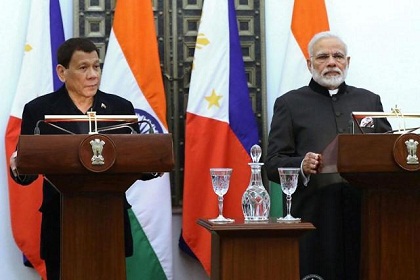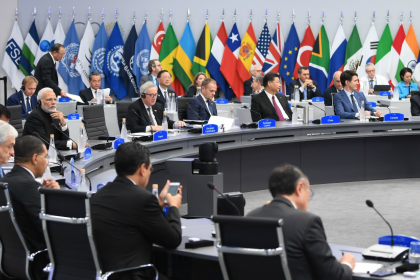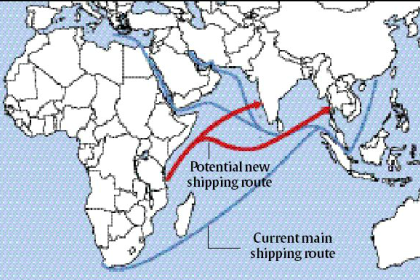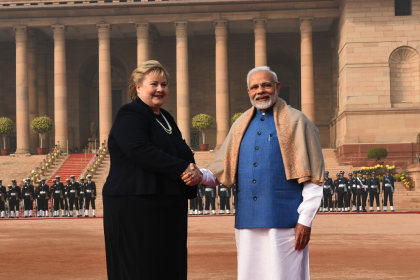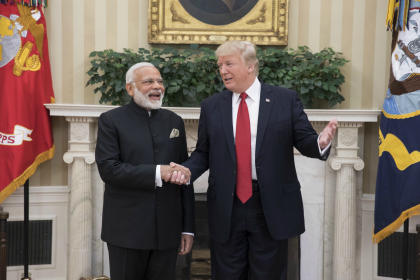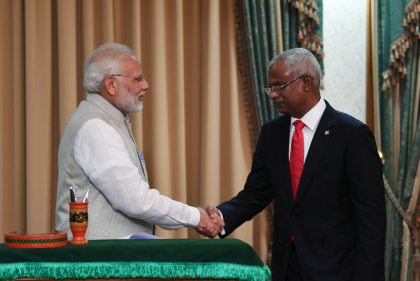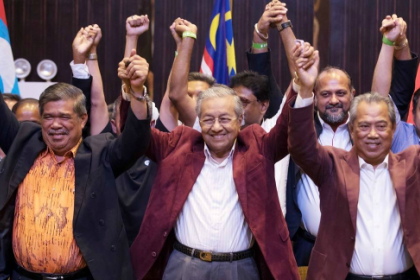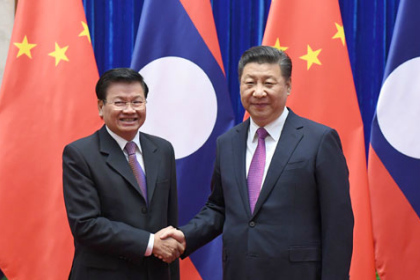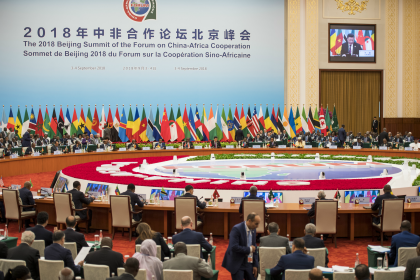Democracy and other challenges in the Philippines
Rodrigo Duterte, President of the Philippines, is a popular, yet controversial figure in a complex country, battling a mix of challenges. In external relations, he has followed a careful balancing policy, giving primacy to China, U.S. and the ASEAN

